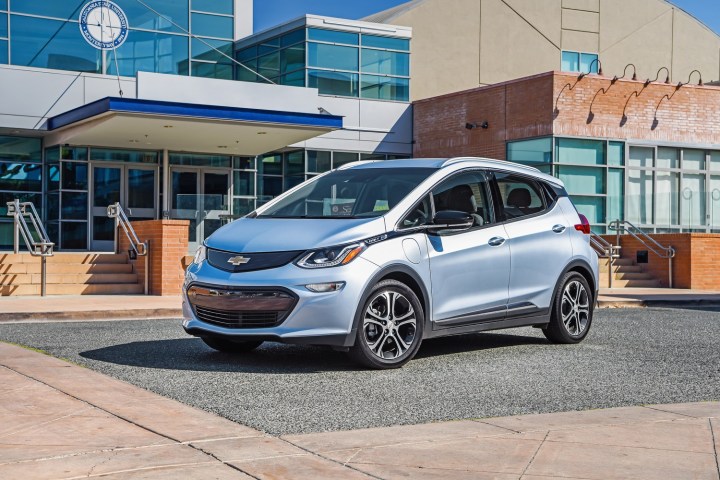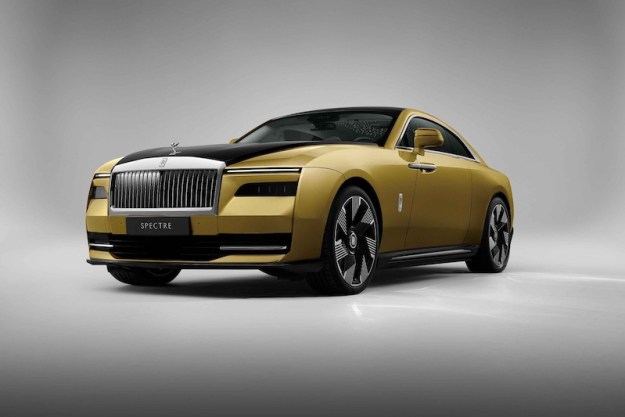
The “Quiet Car” safety rule aims to warn visually impaired and all other pedestrians about moving vehicles traveling at low speed. The sound requirement applies to all four-wheeled electric and hybrid vehicles with gross vehicle weights of 10,000 pounds or less. All new cars built after September 1, 2019, must have the sound feature active when moving up to 19 miles per hour or in reverse. Half of a manufacturer’s new electric and hybrid vehicles must have the audible warning feature one year before the deadline, or September 1, 2018. Tire and wind noise give adequate warnings at higher speeds, according to the NHTSA.
The sound rule did not originate with the NHTSA, but meets the 2010 Pedestrian Safety Enhancement Act mandate from Congress. That act requires that “hybrid and electric vehicles meet minimum sound requirements to provide an audible alert for blind and visually impaired pedestrians.”
It is estimated that the new rule will help prevent 2,400 pedestrian injuries annually. “This is a common-sense tool to help pedestrians — especially folks who are blind or have low vision — make their way safely,” said NHTSA Administrator Mark Rosekind. “With pedestrian fatalities on the rise, it is vitally important we take every action to protect the most vulnerable road users.”
“This new safety standard moving forward will not just make our streets safer for blind and visually impaired Americans, but also serve as an additional safety cue for all pedestrians who share the streets with hybrid or electric vehicles,” said Eric Bridges, executive director of the American Council of the Blind.
Work on a minimum sound requirement for EVs and hybrids has been ongoing since 2010, when the Pedestrian Safety Enhancement Act was passed. During discussions and hearings, many concerns were raised about the noise levels, where and when they would be required, and if there would be exceptions in places like national parks. For a full review of the NHTSA study, you can download the draft report here.
Here’s hoping the sounds aren’t as loud and annoying as those made by garbage trucks when they are backing up.
Editors' Recommendations
- Why your EV’s voltage matters, and what it means for your car’s charging speed
- The cheapest electric cars you can buy
- Pros and cons of buying a used electric car
- VW previews its next electric car in trippy camouflaged form
- How to charge your electric car at home




